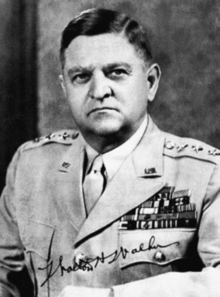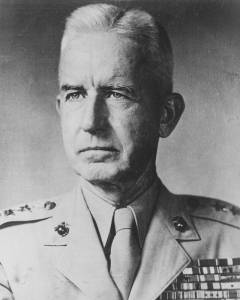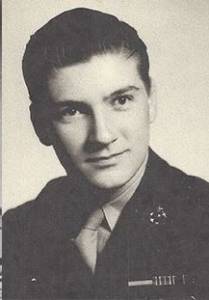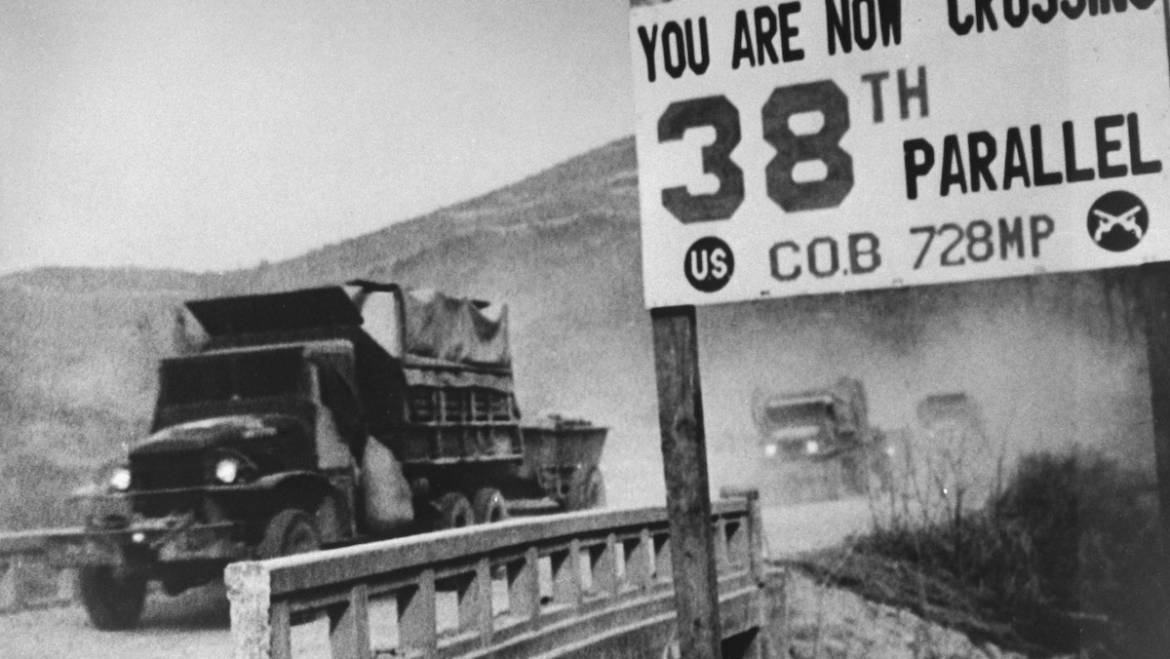Having lived in Texas (mostly Dallas and Austin) for half a century, I still have some affinity for the place. And as a serious amateur historian, I recognize the centrality of the Korean War in my adopted land; you will find me at Seoul National Cemetery every Memorial Day.
Texans to the rescue
Please allow me to recognize three Texans who took part in that bloody conflict that raged from June 25, 1950, until an armistice was signed on July 27, 1953. Nearly 290,000 men from the Lone Star State served, about 1,770 died and hundreds more were missing in action.
The so-called forgotten war is not forgotten in Texas, where the Korean War Veterans Memorial Highway goes from the Red River south to the Gulf of Mexico and where a granite marker on the grounds of the State Capitol honors Texans who fought in the war. A similar marker can be found at the sprawling U.S. Army base known as Fort Hood.
Perhaps you are familiar with “Texas Street” in Busan. The most notorious red-light district in Korea, it was originally named during the war because so many Texas-based soldiers were being brought in to contest the invading North Koreans and their Chinese allies. I visited there in 2008 and can attest to its being a rough and chaotic area.
Walker
Here I focus on three Texans who put themselves in harm’s way. First is Lt. Gen. Walton Walker, a native of Belton. A graduate of West Point, he had a long military career. Walker won two Silver Stars in World War I and had an even bigger role in World War II as one of Gen. George Patton’s top assistants.
In Korea, he had the unenviable task of retreating as slowly as possible to the southeastern corner of the peninsula and then erecting the Busan Perimeter. Thus the Americans, South Koreans and other allies were allowed to regroup before taking the offensive―helped greatly, of course, by the Incheon Landing of October 1950.
Walker, who died as the result of a traffic accident in Uijeongbu, is remembered today in the form of the Paradise Walkerhill Hotel and Casino in Seoul.
Smith
Second is Maj. Gen. Oliver P. Smith, born in 1893 in Menard, Texas (although I must admit he grew up in California). He was involved in four World War II battles, in both the European and Pacific theaters. In the Korean War, Smith’s mettle was really tested.
Gen. Douglas MacArthur essentially disregarded the orders of his commander-in-chief, President Harry Truman, and ordered a headlong drive up to the Yalu River. Smith, in charge of the 1st Marine Division, reluctantly complied. For a precious month, village after village was liberated from the yoke of the DPRK.
The tide changed again when massive numbers of Chinese soldiers poured over the border. Smith and his men were surrounded and had to retreat, fighting amid freezing conditions in the Battle of Chosin Reservoir. They made their way to Heungnam on the east coast, blew up some munitions and were provided a hasty amphibious evacuation south.
Mounts
One of the hardy young men serving under Smith was the third of our trio, Jack Mounts, born and raised in Dallas. He is included, frankly, because I attended high school with his daughter Anne.
Although letters Mounts sent home still exist, no thorough account has been made of what all he did and endured. He joined the Marines at age 17, was deployed to far-distant Korea, fought his way from Masan to the Chinese border and was in the Battle of Chosin Reservoir. Anne’s father was one of only four survivors in his unit.
War is an inherently brutal endeavor, and it comes down to one thing―kill or be killed. He saw a lot of death (North Koreans, Chinese, fellow Americans, South Koreans and other allies, not to mention civilians North and South) during the war.
Holding the rank of master sergeant when he was discharged, he managed to avoid post-traumatic stress syndrome. Mounts did not share war stories freely. This, after all, was the 1950s when gender roles were rigidly defined so tales of combat were not for the ears of women and children.
The only thing he would recollect was the bitter cold and how he feared he might lose his feet to frostbite. But sometimes a fellow Marine would visit him in Dallas. The two sat on the patio and talked quietly into the wee hours of the morning, discussing the things they had done and been through in Korea.
Mounts soon enrolled at Southern Methodist University where he earned a business degree, leading to a successful career as a stockbroker. Anne tells me he was both tender and tough as nails.
Jack Mounts died 37 years ago. I only wish I could have met him and stated my gratitude on behalf of all South Korean citizens. Did he and his Marine Corps buddies make a difference? They surely did.


Add Comment